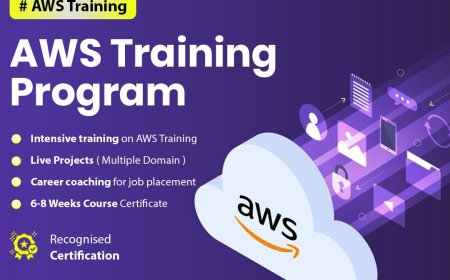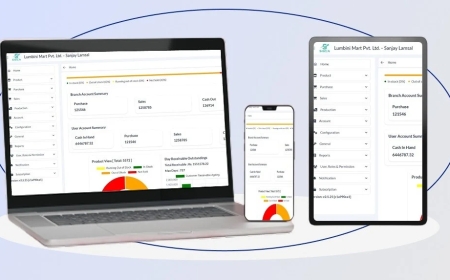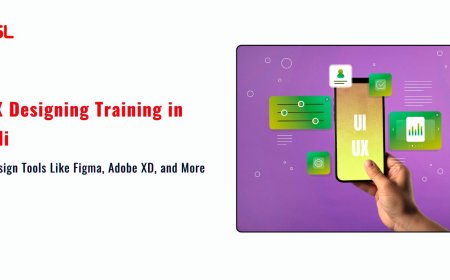Beyond the Boardroom Unleashing the Power of Strategic Planning Facilitation
I could use this space to tell you about my being a proven executive, business owner, CEO and all that other blah, blah, blah but what I really want to tell you is how much I love coaching.

Strategic planning isn't simply about creating a document; it's about fostering alignment, sparking innovation, and galvanizing an organization towards a shared future. Yet, many organizations fall into the trap of self-facilitation, leading to discussions that circle back on themselves, dominate by a few strong voices, or fail to yield actionable insights.
This is where an external, skilled strategic planning facilitator becomes invaluable. Think of them not just as meeting organizers, but as architects of insightful dialogue, navigators of complex group dynamics, and catalysts for meaningful outcomes. Their role extends far beyond simply keeping time; they are instrumental in creating an environment where every voice is heard, every perspective is considered, and every decision is made with clarity and consensus.
The Unseen Value: Why Facilitation is a Game-Changer
1. Neutrality and Objectivity: Perhaps the most significant benefit of an external facilitator is their impartiality. Free from internal politics, pre-existing relationships, or departmental allegiances, they can guide discussions objectively, ensuring that all ideas are evaluated on their merit rather than their source. This neutrality fosters trust and encourages open communication, crucial elements for robust strategic thinking.
2. Expert Process Guidance: A seasoned facilitator brings a wealth of experience and proven methodologies to the table. They understand the different stages of strategic planning from environmental scanning and visioning to goal setting and action planning. They employ a range of techniques, such as SWOT analysis, PESTEL analysis, scenario planning, and stakeholder mapping, to extract critical information and stimulate creative solutions. Without this expert guidance, organizations often stumble, missing key analytical steps or failing to connect disparate ideas.
3. Enhanced Engagement and Participation: Internal meetings can sometimes be dominated by a few vocal individuals, leaving others hesitant to contribute. A skilled facilitator actively promotes broad participation, ensuring that quieter voices are heard and diverse perspectives are incorporated. They use techniques like brainstorming, small group discussions, and interactive exercises to engage all participants, fostering a sense of ownership and collective responsibility for the strategic direction.
4. Conflict Resolution and Consensus Building: Disagreements are inevitable in any strategic discussion, especially when diverse viewpoints are involved. A facilitator is adept at managing conflict constructively, transforming potential roadblocks into opportunities for deeper understanding and creative problem-solving. They employ active listening, reframing techniques, and consensus-building strategies to help teams navigate differences and arrive at shared decisions that everyone can stand behind.
5. Time Efficiency and Focus: Unfacilitated strategic planning sessions can easily devolve into meandering discussions that consume valuable time without yielding tangible results. A facilitator ensures that meetings remain on track, focused on the objectives, and adhere to a structured agenda. They skillfully manage tangents, redirect discussions when necessary, and ensure that progress is made efficiently, maximizing the return on investment of everyones time.
6. Actionable Outcomes and Accountability: The ultimate goal of strategic planning is to produce a clear, actionable plan that can be implemented effectively. A facilitator helps translate high-level discussions into concrete goals, measurable objectives, and assigned responsibilities. They ensure that the strategic plan is not just a theoretical exercise but a living document that guides daily operations and drives the organization forward. They also help establish mechanisms for accountability, ensuring that progress is tracked and adjustments are made as needed.
Choosing the Right Facilitator: A Critical Decision
Selecting the right strategic planning facilitator is as important as the planning process itself. Look for someone with a proven track record in strategic planning, strong group facilitation skills, and a deep understanding of organizational dynamics. They should be excellent communicators, active listeners, and possess the ability to adapt their approach to the unique needs and culture of your organization. A good facilitator won't impose their own agenda but will skillfully draw out the collective wisdom of your team.
In conclusion, while the allure of internal ownership might seem appealing, the complexities of modern strategic planning demand a specialized approach. Strategic planning facilitation is not an optional extra; it is a critical investment that empowers organizations to unlock their full potential, navigate challenges with confidence, and chart a clear course toward a successful future. By embracing the power of skilled facilitation, organizations can transform their strategic planning efforts from a bureaucratic exercise into a transformative journey of innovation, collaboration, and sustained growth.





























